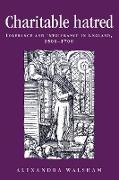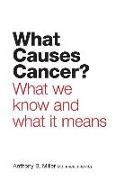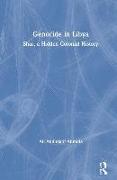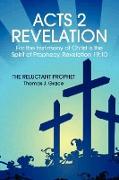- Start
- Charitable Hatred
Charitable Hatred
Angebote / Angebote:
Charitable Hatred presents a challenging new perspective on religious tolerance and intolerance in early modern England. Setting aside traditional models that seek to chart a path of linear progress from persecution to toleration, it emphasises instead the complex interplay between these two impulses in the sixteenth and seventeenth centuries. The book examines the intellectual assumptions that underpinned attitudes towards religious minorities and the institutional structures and legal mechanisms by which they were both repressed and accommodated. It also explores the social realities of prejudice and forbearance, hostility and harmony, at the level of the neighbourhood and parish. Simultaneously, it surveys the range of ways in which dissenting churches and groups responded and adapted to official and popular intolerance, investigating how the experience of suffering helped to forge sectarian identities. In analysing the consequences of the advancing pluralism of English society in the wake of the Reformation, this study illuminates the cultural processes that shaped and complicated the conditions of coexistence before and after the Act of Toleration of 1689. It shows how personal contact eroded the threatening stereotypes embodied in contemporary polemic and the tensions that arose because of the gap between theory and practice. Alexandra Walsham finds that an instinct for peace and concord often counterbalanced the forces tending towards confrontation and conflict, but that the virus of intolerance was ever-present, ready to flare into violence when conditions were right. While a growing number of voices called for liberty of conscience, the arguments for enforcing religious uniformity remained compelling and powerful throughout the period. The insights that emerge from this richly detailed and original synthesis will be of significance to scholars and students of early modern England and of Europe as a whole.
Folgt in ca. 10 Arbeitstagen




